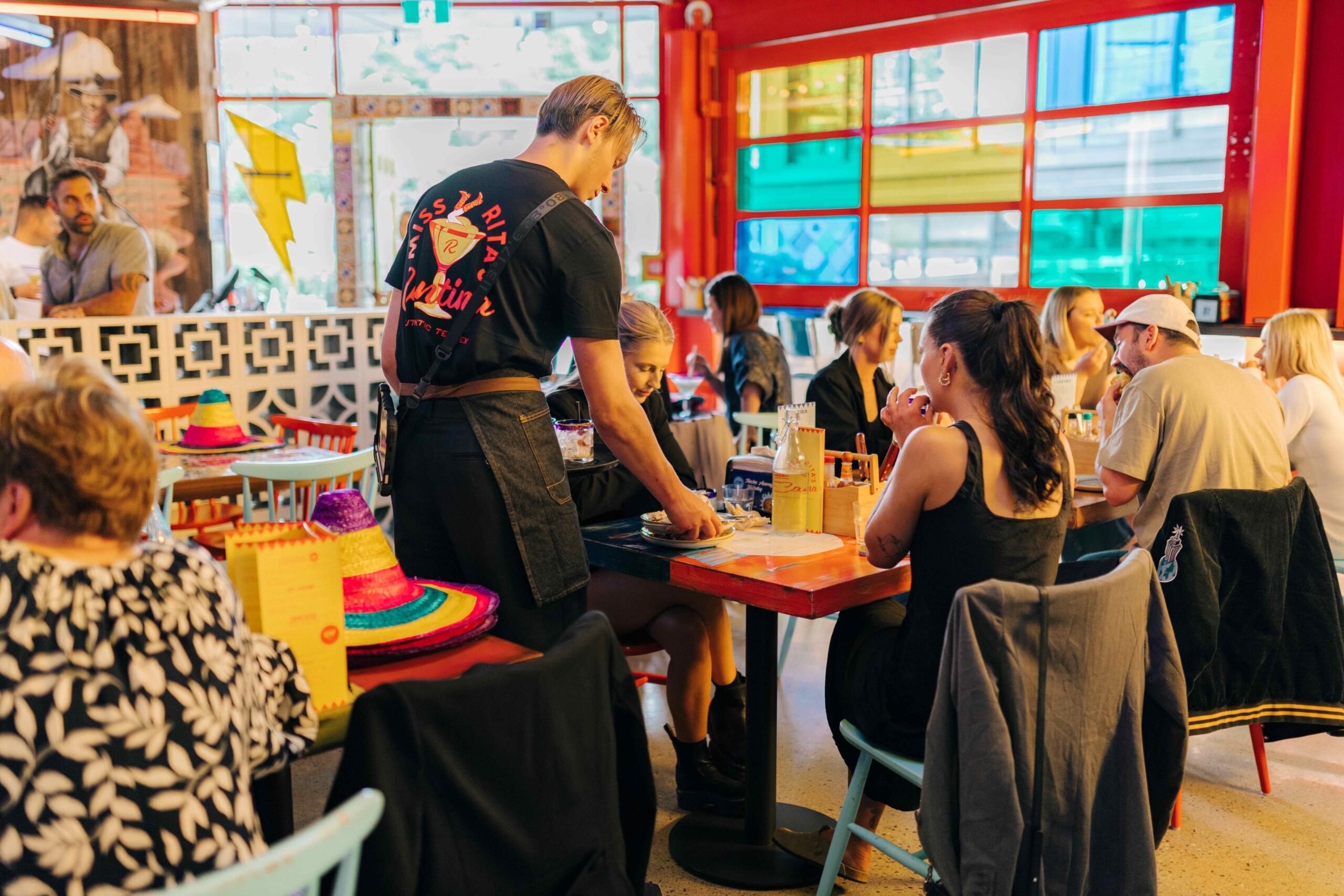The year of the virtual pay cut
A new survey highlights the failure of wages to keep pace with inflation in New Zealand. It’s time for business owners to offer relief where they can. With inflation hitting […]
A new survey highlights the failure of wages to keep pace with inflation in New Zealand. It’s time for business owners to offer relief where they can.
With inflation hitting a three-decade high last month, wages are failing to keep pace, and the majority of New Zealand’s workforce are in line for a ‘virtual’ pay cut this year.
A survey of 954 Kiwi workers this month by leading recruitment agency Frog Recruitment revealed more than 80 percent of workers had either not had a pay increase this year or for the minority that have, the pay increase falls short of the 7.3 percent inflation rate.
Thanks to the pandemic, supply-chain struggles, and the war in Ukraine, New Zealand inflation climbed to 7.3 percent in June. Comparatively, Stats NZ confirmed wages increased by three percent in the March quarter this year.
Shannon Barlow (pictured below), MD of Frog Recruitment said the misalignment paints a worrying picture for our workforce.
“Wages are not adjusting for inflation and the result is people are going backwards with their budgeting; they’re taking ‘virtual’ pay cuts. We are hearing more stories of people not making ends meet and going without the essentials such as food and petrol. While some received a pay rise this year, 72 percent of them said the extra take-home money does not cover the skyrocketing costs of petrol and food.
“The impact of these higher bills is creating increased anxiety for our people. Almost half – 48 percent – admit to feeling stressed about their cost of living situation.”
She says while a quarter of survey recipients had adjusted their spending by making minor lifestyle changes (27 percent), some were less concerned and had not noticed the higher petrol and food costs (25 percent).
“It’s a critical time for employers and managers to be aware of their team’s personal pressures and offer relief where they can.
“We appreciate the events of the past two years mean some organisations have little movement in their bottom line for wage increases, but organising one-off food bags for loyal workers, offering grocery and petrol vouchers, or even giving up your car park for a temporary period to an employee who may be paying more for theirs, can make a big difference to people who are struggling – financially and mentally.”
She highlights the cost to businesses will become greater if they are not paying their talent the market rates. “It’s an inevitability that many will lose people to their competitors, to Australia or further afield. If employers cannot afford to keep up with market rates for salaries, can they afford to stay in business against competition who can?”
Barlow says with the unemployment rate officially the lowest on record, the recruitment agency is optimistic that a wage adjustment is around the corner.
“We’ve got employers scrambling for workers and it’s obvious we are in a candidate’s market right now. The net effect will hopefully create higher wages in line with inflation.
“Employees keep our businesses turning over. It’s vital to pay fairly and accordingly,” she says.






